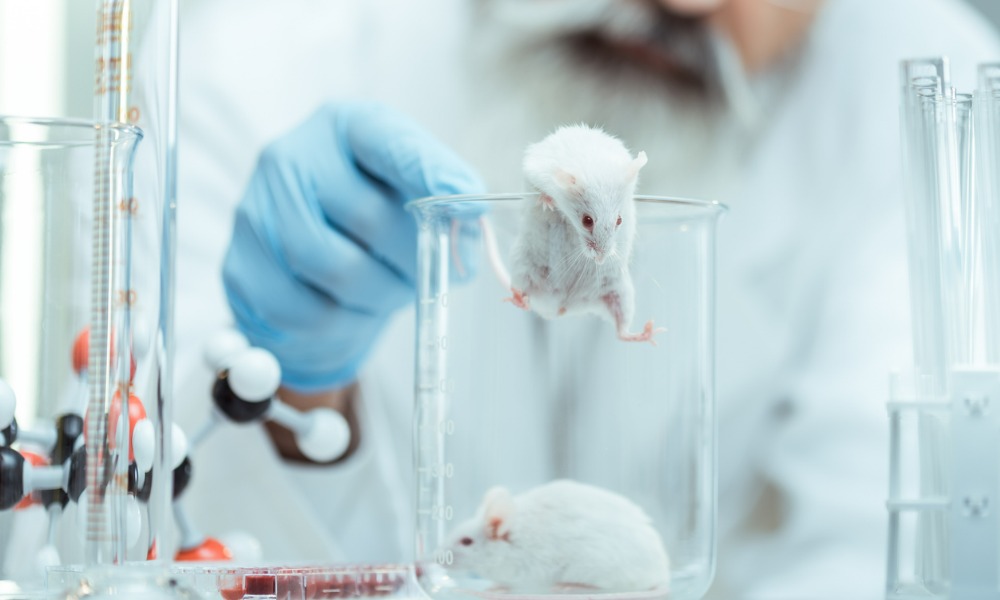New law requires the government to support cruelty-free alternatives to toxicity testing on animals

Animal rights group Animal Justice is celebrating the passage of Bill S-5, the Strengthening Environmental Protection for a Healthier Canada Act. The new law includes measures to phase out painful toxicity tests on animals.
The bill received royal assent after passing a final vote in the Senate with a majority of 59-19. The bill was introduced in February 2022 and overhauled the Canadian Environmental Protection Act 1999 (CEPA), one of Canada’s most important environmental laws that establishes a legal framework to protect the environment and human health from using toxic substances.
Toxicity tests are used to analyze whether a chemical causes harm to the environment or could cause adverse reactions like tumours, skin burns, blindness, birth defects, or death. The tests could involve inflicting burns or trauma on unanesthetized animals, applying deadly substances to their bodies, and forcing them to eat harmful chemicals. Doses are often given repeatedly for many months or until an animal dies.
When the bill was first introduced, it lacked concrete measures to phase out animal toxicity testing. Animal Justice and partner organizations collaborated with lawmakers to amend the bill by including a roadmap for transitioning away from using animals in toxicity testing. The legislation now requires the government to support and implement cruelty-free alternatives to toxicity testing on animals, empowers the government to make regulations about how non-animal testing should be done, and mandates that the Ministers of the Environment and Health publish a plan within the next two years to promote animal-free toxicity testing methods.
“This is truly a momentous day for animals in Canada,” Animal Justice director of legal advocacy Kaitlyn Mitchell said. “Toxicity testing is the most harmful and painful use of animals in scientific research and involves experiments that often fall under the most severe category of harm that animals can experience. We are seeing a global shift away from toxicity testing on animals, and with this new law, Canada can finally catch up to jurisdictions like the US and EU, which already have strong legal tools to phase out these horrific experiments.”
Dr. Charu Chandrasekera, founder and executive director of the Canadian Centre for Alternatives to Animal Methods at the University of Windsor, applauded the legislation and said, “We need a different way forward—one that is more predictive of human biology. I am absolutely thrilled to see this landmark moment signifying Canada’s commitment to 21st-century science, innovation, and ethics—to protect humans, animals, and our environment.”










